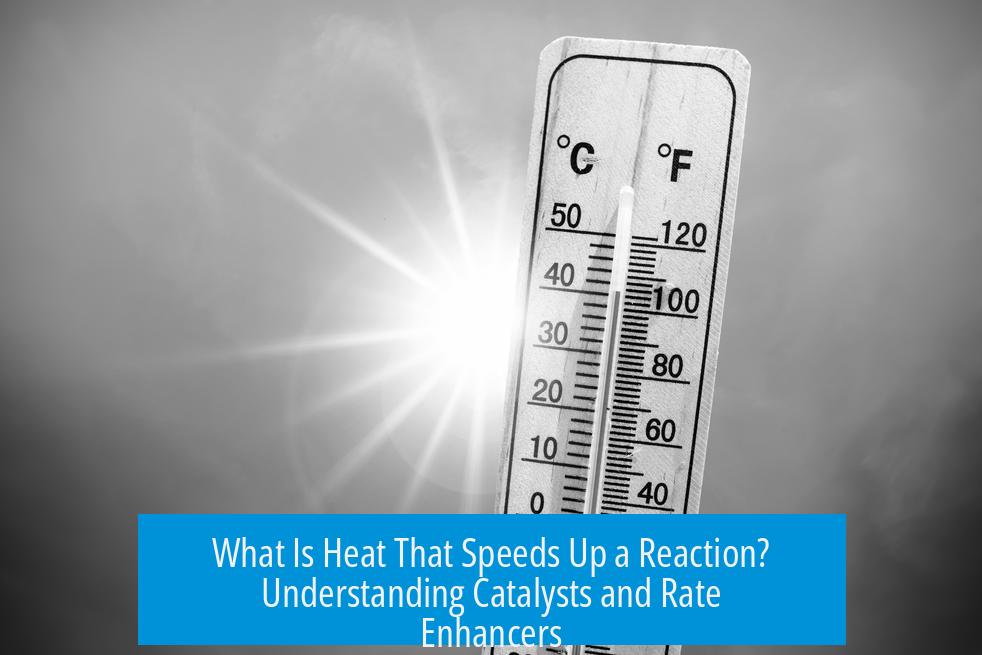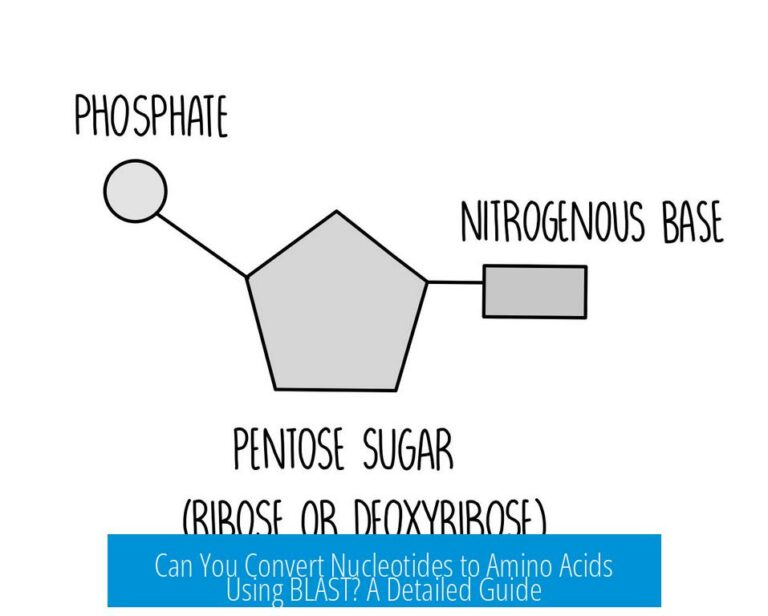What Is Heat Called When It Speeds Up a Chemical Reaction?
Heat is not a catalyst but acts as a rate enhancer or accelerant by increasing the kinetic energy of molecules, which leads to faster reactions. Unlike a catalyst, heat does not provide an alternative pathway or change the reaction mechanism. Instead, it increases the number of molecules with enough energy to react along the original reaction pathway.
Understanding Catalysts vs. Heat in Reactions
A catalyst is defined as a substance that lowers the activation energy by providing an alternative reaction route. This lowers the energetic barrier, allowing more molecules to react faster without being consumed in the process.
Heat, however, influences reactions differently. Increasing temperature raises particles’ kinetic energy. Molecules collide more frequently and with greater energy, improving the chances of overcoming the activation energy required for the reaction.
Energy and Orientation Conditions in Reactions
- Reactions require molecules to have sufficient energy (activation energy) and proper spatial orientation.
- Heat raises molecular energy, thus increasing the fraction of molecules meeting the energy criterion.
- Orientation is generally unaffected by temperature but is a key factor in reaction success.
Heat as a Rate Enhancer
While heat speeds up most reactions by increasing kinetic energy, it does not act as a catalyst. It does not alter the reaction’s energy pathway; the original activation energy remains the same. The reaction accelerates simply because more molecules reach or exceed that threshold energy.
Since heat lacks a distinct, formal term like “catalyst,” it is often described as a rate enhancer, accelerant, or simply as a factor that increases the reaction rate by raising temperature.
Summary of Key Points
- A catalyst provides an alternative, lower-energy pathway for a reaction.
- Heat increases molecular kinetic energy, speeding up reactions without altering the mechanism.
- Heat is best termed a rate enhancer or accelerant, not a catalyst.
- Increased heat results in more molecules surpassing activation energy along the original pathway.
- Reaction orientation requirements remain unchanged by heat.
What is the difference between a catalyst and heat in speeding up a reaction?
A catalyst lowers the energy barrier by providing a new reaction path. Heat increases the energy of molecules, making more particles able to react on the original path.
Can heat be called a catalyst?
No, heat is not a catalyst because it is not a substance and does not create an alternate reaction pathway.
Is there a special term for heat that speeds up reactions?
No specific term exists. Heat is often referred to as a rate enhancer or accelerant since it boosts reaction speed by raising molecular energy.
How does heat increase the reaction rate?
Heat raises the kinetic energy of molecules, increasing their collision energy. This results in more successful reactions per unit time.
Does heat always speed up chemical reactions?
Heat usually speeds reactions but can slow some down. The effect depends on the reaction’s nature and energy requirements.





Leave a Comment